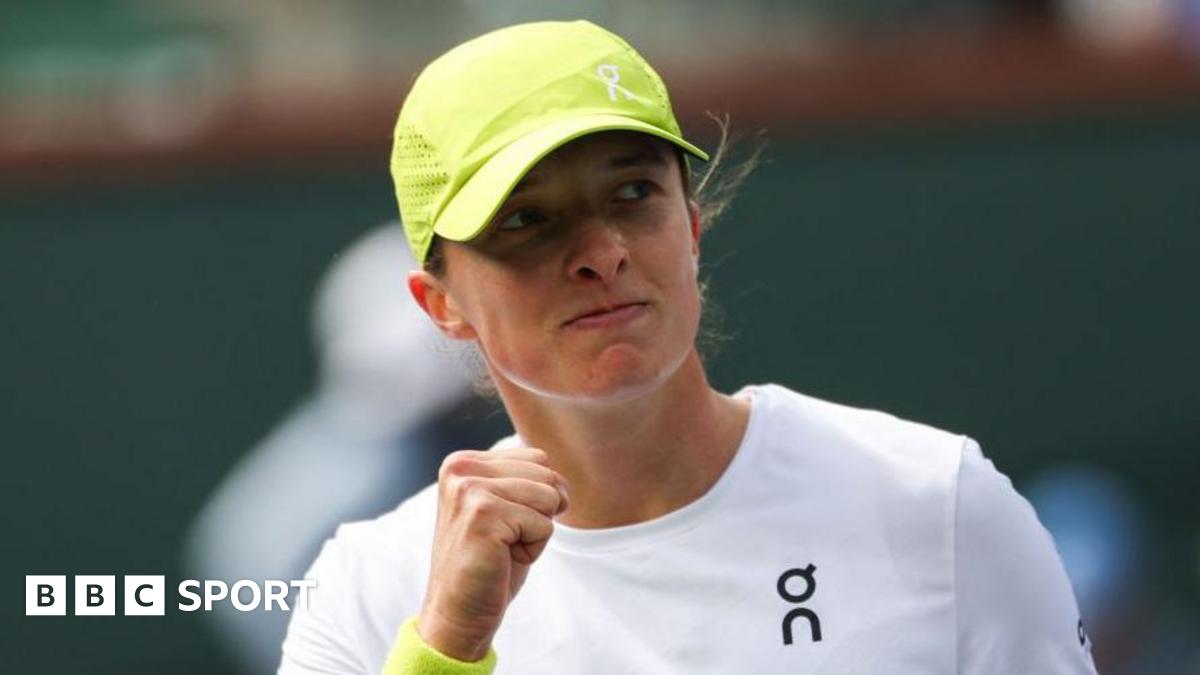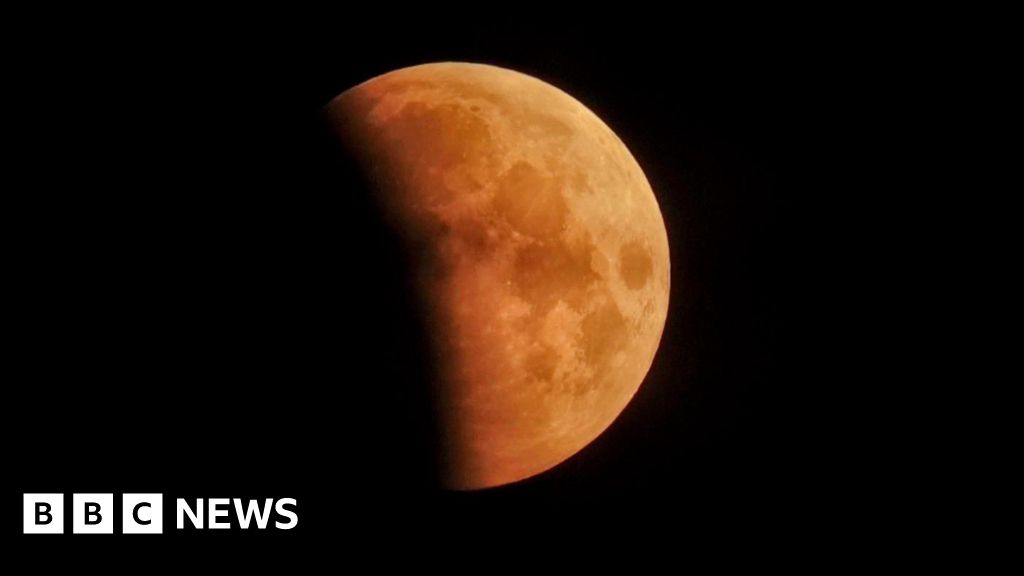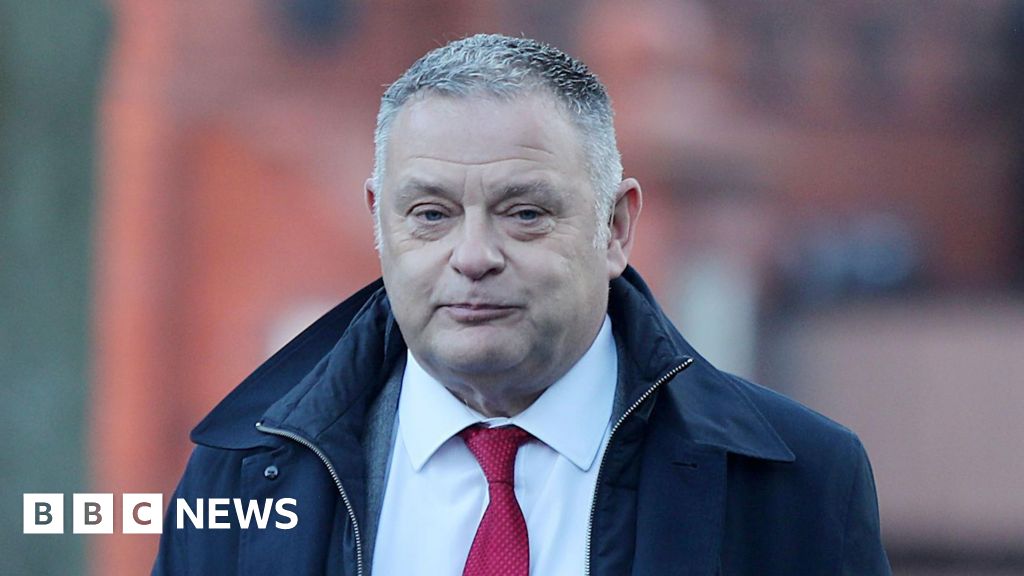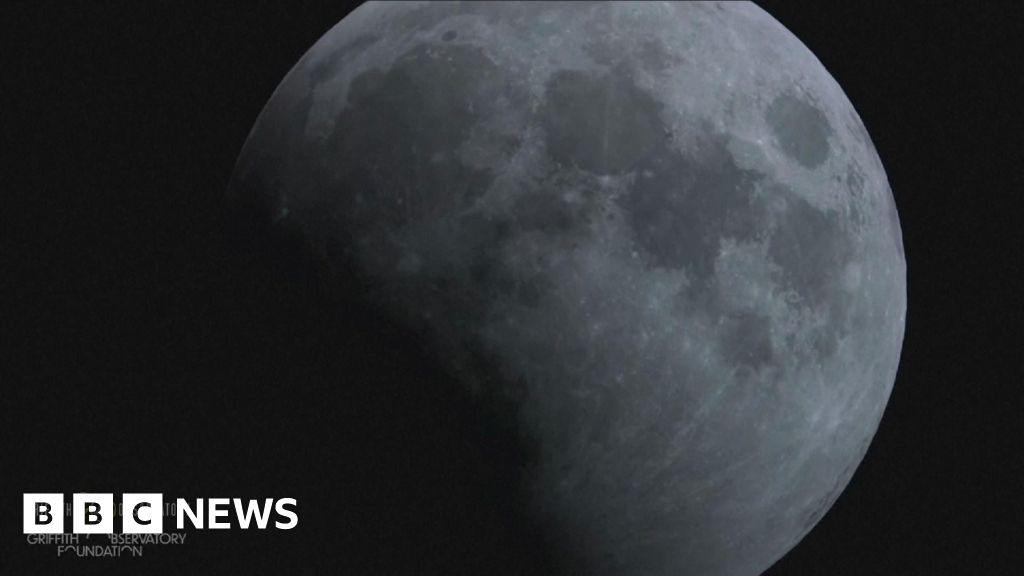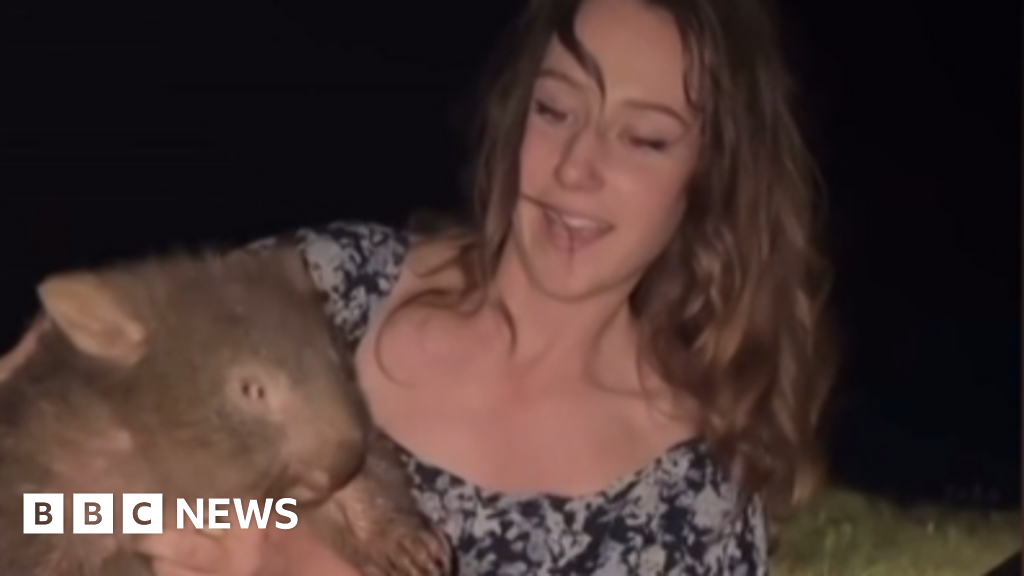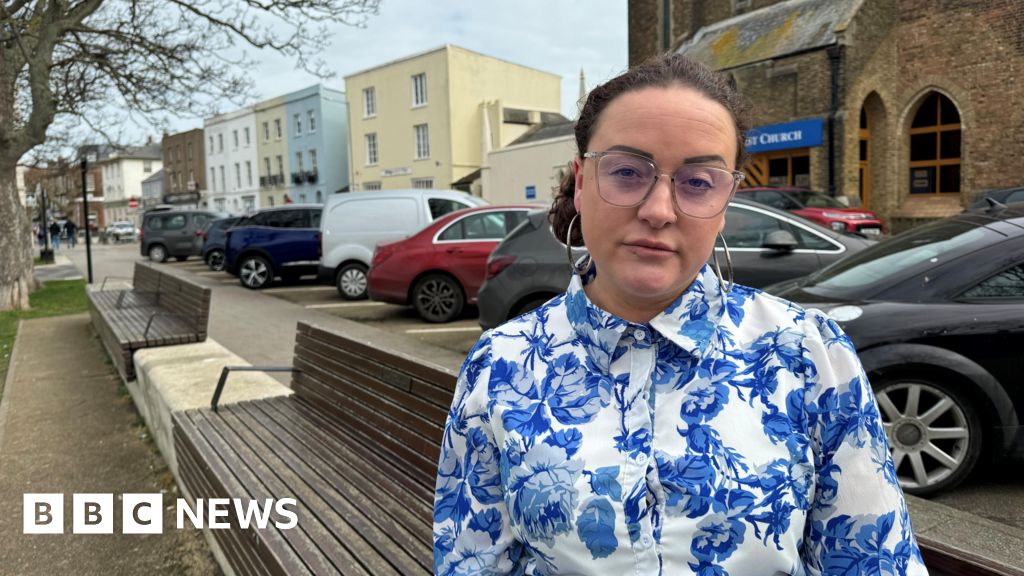Catherine Morrison
BBC News NI

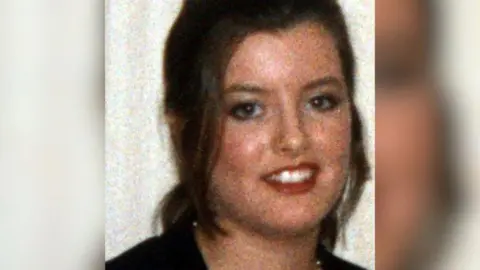 LOGUE FAMILY
LOGUE FAMILY
Brenda Logue, 17, was shopping with her mum when they were caught up in the Omagh bomb
The death of a 17-year-old girl in the Omagh bombing "defined her family's existence," a public inquiry has heard.
Brenda Logue was shopping with her mother in the County Tyrone town when the pair were caught up in the explosion in August 1998.
The Real IRA bomb killed 29 people, including a woman who was pregnant with twins.
Mary Logue's words about her beloved daughter were read to the inquiry on her behalf because she died from cancer last November.
'Like a scene from a disaster movie'
She had prepared a statement before she died and it was read to the inquiry by her son, Cathal Logue.
Mary's statement said the day began like "any normal Saturday" and she was with Brenda in a town centre shop when the Real IRA bomb detonated.
"The last thing I remember of Brenda was her ponytail swishing as she walked out of the door," she wrote.
"The blast threw me back into a wall and I would be knocked unconscious, or so I was told.
"When I came around I knew in my heart she was gone. But I got up and went to look for her, it was like a scene from a disaster movie.
"I won't go into detail but the things I saw that day are the things that haunt my dreams - the sounds, the screams."
Brenda was a talented Gaelic footballer and fought - and won - the right for girls at her school to wear trousers.
Mrs Logue did not set foot in the middle of Omagh town centre again after the bombing.
When she was diagnosed with cancer, she said her consultants were "baffled" when she replied it was not the worst news she had ever received.
"Losing a child is every parent's worst nightmare and I have lived with that nightmare every day for the last 26 years."
Brenda's exam results arrived two days after her death - she had been planning to study leisure and tourism at college.
'Denied all of her hopes and her dreams of her bright future'

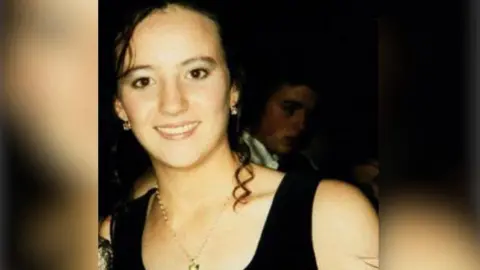 Marlow family
Marlow family
Jolene Marlow. 17, was buried on the day that her A-level results came out, confirming her university place to study physiotherapy
The inquiry also head from the mother of 17-year-old bomb victim Jolene Marlow.
Bridie Marlow said she had always "secretly dreaded" her daughter leaving home to study in Belfast in case the Troubles flared up again.
But in a terrible twist of fate, she was instead killed in her home town of Omagh.
Bridie Marlow's statement, read on her behalf to the inquiry, said her daughter was denied the chance to accomplish her life's full potential.
An academic child, she sat her Eleven Plus exam at only 10 years of age and was a year younger than most of her classmates in Loreto Convent in Omagh.
She was also a talented gaelic football player who played for Macartan Ladies GFC.
Just a week before the Omagh bomb, she had been a key player in the team which won their first ever county final.
Jolene had been planning to study physiotherapy at university in Belfast.
"Little did we know then that our home town of Omagh where Jolene had attended school, had a part-time job, was learning to drive, socialised and shopped, would be the actual place where she would be denied all of her hopes and her dreams of her bright future," Bridie's statement said.
Inquiry chairman Lord Turnbull said the inquiry had heard "so many times" the heartbreak of a mother whose child was killed in the bombing.
He said Jolene was on the cusp of a new exciting life, with so much ahead of her.
Who carried out the Omagh bombing?
Three days after the 1998 attack, the Real IRA released a statement claiming responsibility for the explosion.
It apologised to "civilian" victims and said its targets had been commercial.
Almost 27 years on, no-one has been convicted of carrying out the murders by a criminal court.
In 2009, the judge in that case ruled four of the men - Michael McKevitt, Liam Campbell, Colm Murphy and Seamus Daly were all liable for the Omagh bomb.
The four men were ordered to pay a total of £1.6m in damages to the relatives, but appeals against the ruling delayed the compensation process.
A fifth man, Seamus McKenna, was acquitted in the civil action and later died in a roofing accident in 2013.
The public inquiry
After years of campaigning by relatives, the public inquiry was set to up examine if the Real IRA attack could have been prevented by UK authorities.
This phase of the inquiry is in its second week and is continuing to hear powerful individual testimonies from relatives who lost loved ones in the explosion.
Taking place at Strule Arts Centre in Omagh, the phase will last four weeks and will also hear evidence from first responders.
Timeline of events
The bombers planned and launched the attack from the Republic of Ireland and the Irish government has promised to co-operate with the inquiry.
However, the victims' relatives wanted the Irish government to order its own separate public inquiry.
Dublin previously indicated there was no new evidence to merit such a move.

 1 month ago
16
1 month ago
16
